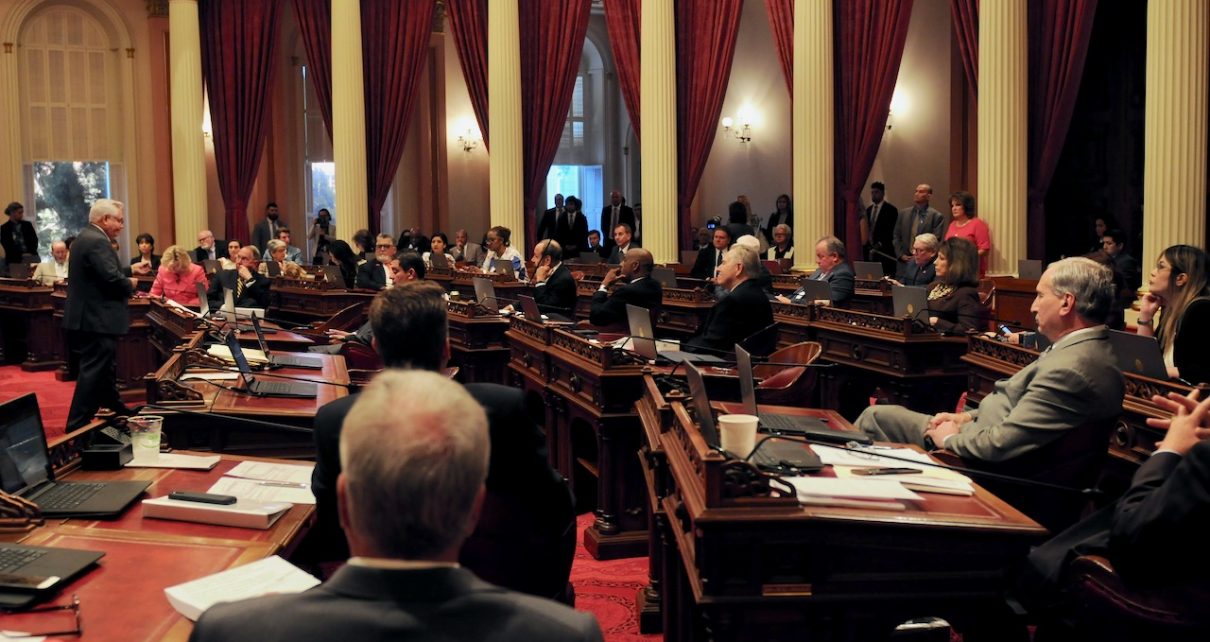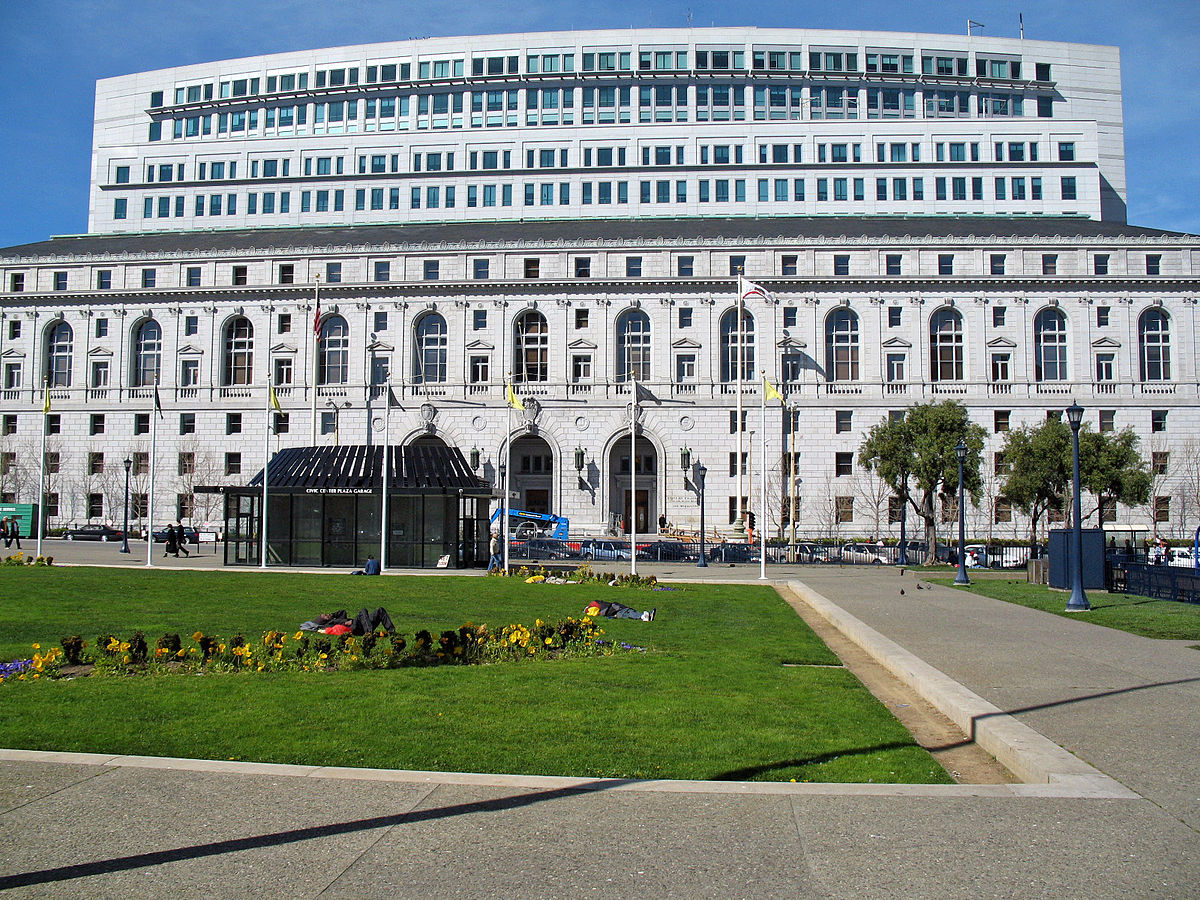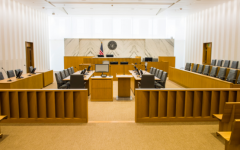
California State Senate. (Photo: Kevin Sanders for California Globe)
California Statutes Utilizing Court Decisions
The Legislature reacts to a court decision either because they want to change the law to reflect their support for the court decision or to overturn the court decision
By Chris Micheli, March 18, 2022 6:42 am
California statutes in numerous instances refer to, abrogate, or confirm appellate court decisions. In most instances, statutory references to reported court decisions occur with legislative intent language where the Legislature makes findings and declarations. But there are other instances in which the Legislature uses the court decision in an affirmative statement.
The following are examples of reference to a court decision as part of legislative intent language:
The Legislature finds and declares that public access to information concerning civilian complaints regarding peace officers, including the records of proceedings of civilian law enforcement review agencies, is crucial to safe and effective law enforcement in the state. It is the intent of the Legislature, in enacting this act, to abrogate the decision in Copley Press, Inc. v. Superior Court (2006) 39 Cal.4th 1272, to restore public access to peace officer records, and to restore public access to meetings and hearings that were open to the public prior to the Copley Press decision.
Nothing in this chapter is intended to limit the public’s right of access as provided for in Long Beach Police Officers Association v. City of Long Beach (2014) 59 Cal.4th 59.
The following are examples of reference to a court decision as part of a statute:
Notwithstanding subdivision (a), subdivision (f) of Section 6254 of the Government Code, or any other law, or the holding in Copley Press, Inc. v. Superior Court (2006) 39 Cal.4th 1272, records and information obtained from records maintained by an agency or body established by a city, county, city and county, local government entity, state agency, or state department for the purpose of civilian oversight of peace officers shall not be confidential and shall be made available for public inspection pursuant to the California Public Records Act (Chapter 3.5 (commencing with Section 6250) of Division 7 of Title 1 of the Government Code).
This section does not supersede or affect the criminal discovery process outlined in Chapter 10 (commencing with Section 1054) of Title 6 of Part 2, or the admissibility of personnel records pursuant to subdivision (a), which codifies the court decision in Pitchess v. Superior Court (1974) 11 Cal.3d 531.
In most instances, the Legislature reacts to a court decision either because they want to change the law to reflect their support for the court decision (and to codify or put the decision in statute) or to abrogate (or overturn) the court decision. In other circumstances, the Legislature will utilize the court decision as part of a legislative intent statement that does not carry the force of law and the court themselves can accept or reject such statements.
- County Revenues for Fish and Game - March 3, 2026
- Designating ‘Spot’ Bills in the California Legislature - March 2, 2026
- Regulatory Powers of the Fish and Game Commission - March 2, 2026




